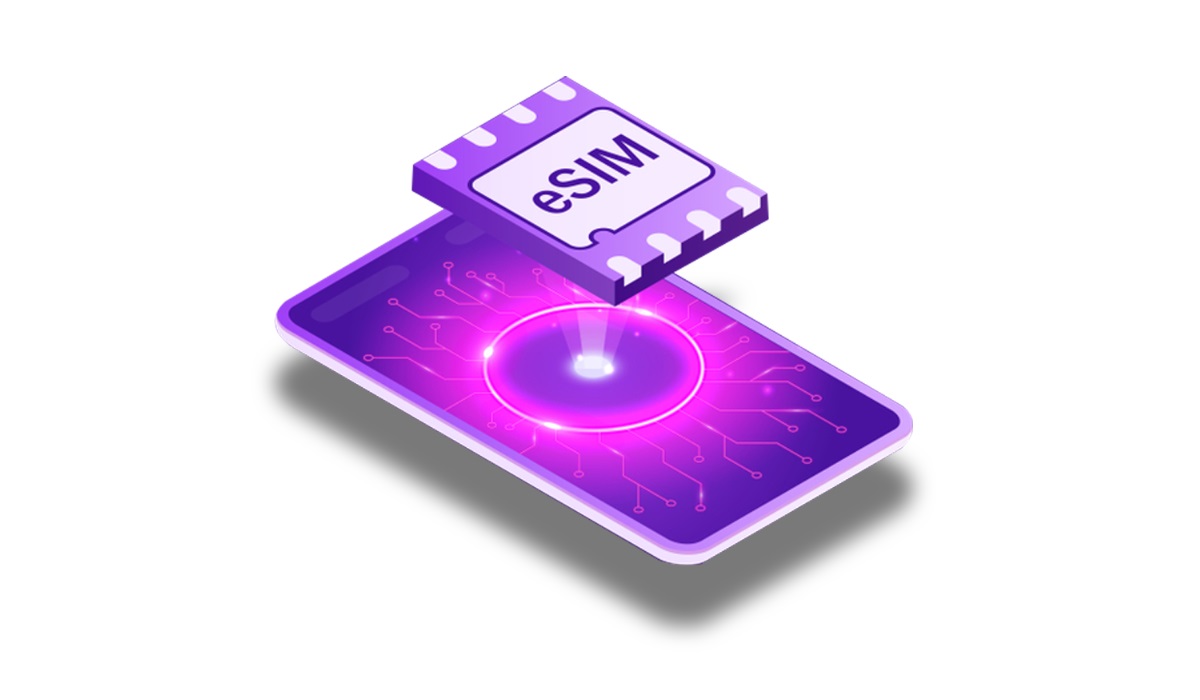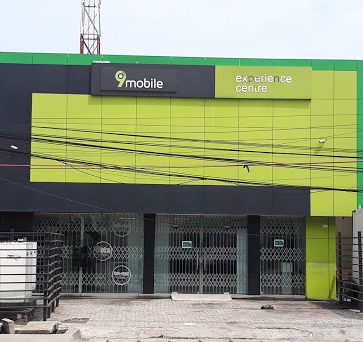The advent of eSIM technology, or the embedded SIM card, is rapidly disrupting the conventional reliance on physical SIM cards and their corresponding slots in mobile devices. As with any digital transformation initiative, the challenge lies not in the introduction of innovative technology, but in the comprehensive understanding of its impact on the users and the wider ecosystem. This report, authored by Aka Ekene, delves into the ramifications of eSIM on the expansion of Nigeria’s telecommunications market.
The concept of digital transformation has become increasingly prevalent in the technological discourse. This broader term encompasses several important technological trends, among which is the significance of IT to companies, with legacy operational technology systems increasingly being replaced or integrated with IT. The emergence of eSIM technology is indicative of this trend.
Join our WhatsApp ChannelAccording to Guardian Nigeria, A recent White Paper on eSIM technology highlights its inevitable adoption as the future of mobile communication, as it is expected to be more cost-effective and user-friendly. To fully realize the benefits of eSIM, mobile network operators must adapt their existing practices to align with the new market landscape.
The adoption of eSIM is unavoidable, and its widespread use is projected to become a mass-market phenomenon by 2025.
Reports indicate that the eSIM market is expected to experience substantial growth, with projections estimating its value to increase from $253.8 million in 2018 to nearly $980 million by 2023. The eSIM is not an optional technology, as it is destined to become the norm in the future, with millions of devices expected to be eSIM-only, eventually phasing out the use of physical SIM cards.
In light of the opportunities and inevitability of eSIM technology, mobile network operators have become increasingly proactive in its implementation. Currently, over 200 mobile network operators, including major global groups, support eSIM, with the technology having significantly matured over the past five years. The shift from vendor-specific solutions to a global compliance framework from the GSM Association has facilitated the deployment of interoperable products and services by all operators, OEMs, and eSIM solutions vendors.
READ ALSO: MTN Reacts, As Nigerians Criticise Network After Elon Musk’s Starlink Announcement
Nigeria is not excluded from the eSIM revolution, with Airtel recently announcing the launch of eSIM in the country. MTN Nigeria and 9mobile were previously approved by the Nigerian Communications Commission to commence trials of the service in 2020. The benefits of eSIM are numerous, including the ease of switching between mobile networks and the ability to store multiple networks in one device. Additionally, eSIM technology is more compact and less intrusive than physical SIM cards, making it a more favourable option for travellers.
The Executive Vice Chairman of the Nigerian Communication Commission NCC, Prof. Umar Garba Danbatta, had said: “The primary objective of the e-SIM trial is to assess the technical performance of the e-SIM on telecoms service providers’ network towards eventual rollout, if satisfactory.”
“An eSIM is a small chip that is embedded in a mobile phone or smart device. It is designed for convenience, flexibility and simplicity. The e-SIM makes it easier for subscribers to choose a pre-paid plan provider and switch between network operators.
The information on the e-SIM is rewritable by operators and the identification information can be updated over time.
This a technology that will eliminate the need for physical SIM card slots on mobile devices in the near future, and the trial is in line with the commission’s forward-looking regulatory approach to ensure Nigeria’s telecoms ecosystem is in tandem with global best practices,” Danbatta said.
However, there are potential drawbacks to the technology, including the inability to transfer data from one device to another without the use of cloud storage. Mobile network operators deploying eSIM in Nigeria are subject to compliance with a number of regulatory conditions, including full compliance with the registration of Telecoms Subscribers Regulations 2011, the Mobile Number Portability Regulations, and non-degradation of Quality of Service experienced by users. The eSIM trial is aimed at assessing the technical performance of the technology and determining its eventual rollout, if satisfactory.



















Follow Us